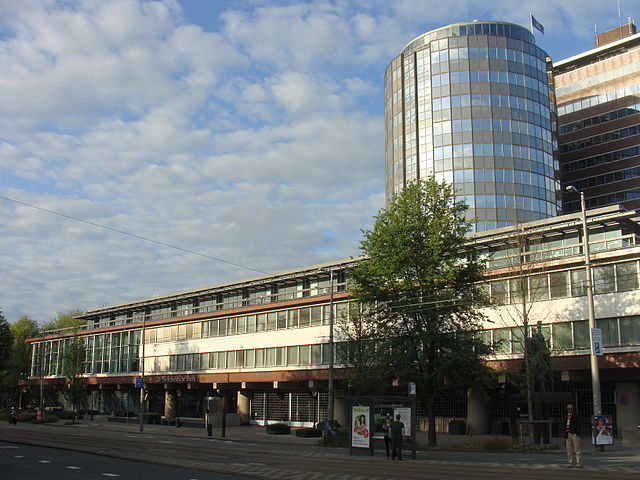New coalition will push up budget deficit, central bank says

The Dutch economy has made a “soft landing” following a period of very high inflation and interest rate increases to bring it down, and will show moderate growth of 1.3% next year and in 2026, the central bank said on Friday in its spring projections.
The fact that an economic downturn was avoided is “remarkable” the bank said, given that a series of interest rate hikes has often been accompanied by a recession. This, the bank said, “testifies to the Dutch economy’s resilience”.
The tentative growth of 0.5% this year is driven by increased spending on the part of the government and households. Real wage growth and consumer confidence are picking up and employment is rising, albeit somewhat less than in recent years, the bank said.
The new forecasts do not take account of the outline coalition agreement drawn up by the right-wing coalition parties but separate calculations show that this agreement will have a moderately positive impact (+0.1%) on annual economic growth up to 2028.
However, the bank said, “measures announced in the agreement will increase the budget deficit compared to our projections over the next two years, which means that it will exceed the European ceiling next year, at 3.3% … and edge up further to reach 3.8% in 2026”. After that it will drop back to below the 3% limit.
Nor do the calculations take the likely impact of this week’s court ruling overturning the current asset tax system into account. That is set to cost the new government billions of euros a year.
The central bank expects house prices to rise almost 6% this year, and a further 4% in 2025, despite the current record levels due in part to the lack of supply and higher salaries.
Falling corporate investment and exports act as a drag on growth but should recover in the next two years, the bank said. Economic growth will then also be driven by the corporate sector and be more broadly based.
Nevertheless, the bank warned of the risks posed by uncertainties abroad, in particular wars and conflicts that can slow down trade and influence energy prices.
Inflation, which peaked at 11.6% a mere two years ago, is expected to reach 2.8% both in 2024 and 2025, which is still well above the 2% target set by the European Central Bank. By 2026, however, it will fall to 1.8%.
Thank you for donating to DutchNews.nl.
We could not provide the Dutch News service, and keep it free of charge, without the generous support of our readers. Your donations allow us to report on issues you tell us matter, and provide you with a summary of the most important Dutch news each day.
Make a donation